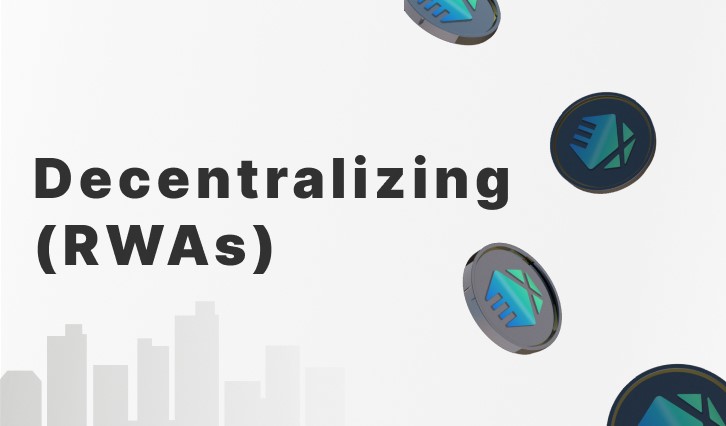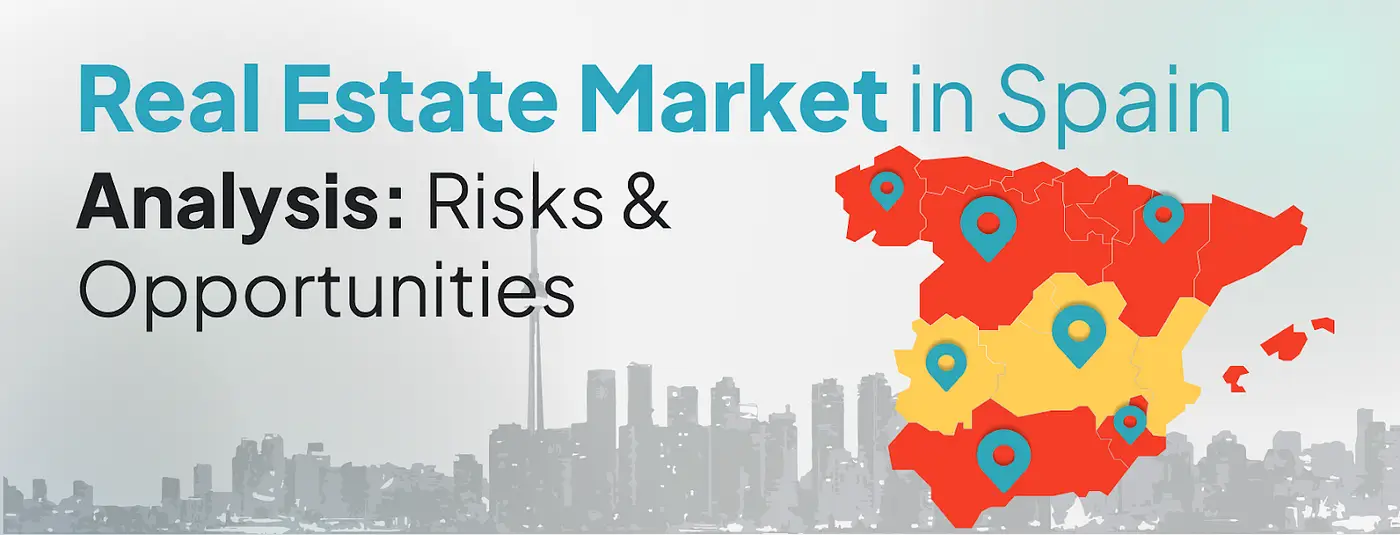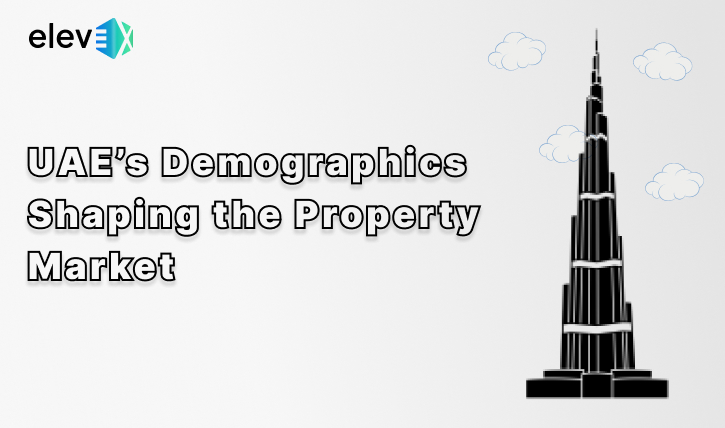The tokenization of real-world assets (RWAs) and real estate is transforming how ownership and governance are managed in traditionally centralized markets. By using decentralized technologies, governance models, and asset ownership structures, we can create more democratic, transparent, and efficient systems. This guide explores various approaches to decentralizing RWAs and real estate, highlighting key technologies and methods.
1. The Technology: Building Decentralized Networks
Projects like Plume Network, E Money Network, and Mantra Chain are leading the way in creating decentralized RWA network solutions through proof of stake (PoS) mechanisms. These networks utilize technologies such as soul-bound NFTs to provide secure and verifiable ownership and governance structures for tokenized RWAs, including real estate and bonds. Additionally, regulatory-compliant chains are being developed to help developers adhere to regulatory requirements and tokenize assets in a compliant manner.
- Proof of Stake (PoS): PoS is a consensus mechanism that allows network participants to validate transactions based on the number of tokens they hold and are willing to “stake” as collateral. This method is energy-efficient and promotes network security and stability.
- Soul-bound NFTs: These non-transferable tokens are tied to a specific user or entity, ensuring that ownership and participation in the network are verifiable and immutable. They can represent ownership of RWAs or serve as credentials for participating in governance processes.
- Regulatory-Compliant Chains: These chains are designed to help developers adhere to regulatory requirements while tokenizing assets, ensuring that the process remains compliant with relevant laws and regulations.
2. Token-Based Governance
Token-based governance facilitates decentralized decision-making within blockchain networks. This model enables token holders to propose and vote on various aspects of network management, such as treasury allocations, smart contract upgrades, and team changes.
- Decentralized Autonomous Organizations (DAOs): DAOs are entities governed by smart contracts and token holder votes. They allow for a decentralized approach to managing assets and operations without needing a centralized authority.
- Proposal and Voting Systems: Token holders can submit proposals for changes or improvements, which are then voted on by the community. This democratic process ensures that decisions are made transparently and with broad consensus.
3. Ownership of Assets
Decentralizing ownership of RWAs involves creating governance structures where token holders collectively own and manage assets. This approach is evident in decentralized venture capital models and tokenized property ownership.
- Governance Foundations: A foundation can be established to own and manage RWAs, with token holders having voting rights over the foundation’s treasury and decisions. This structure ensures that ownership and control are decentralized and not reliant on a single centralized entity.
- Tokenized Properties: Real estate properties can be tokenized, allowing multiple token holders to own fractions of a property. These token holders can then participate in governance decisions related to the property, such as maintenance, rental agreements, and sales.
Conclusion
Decentralizing RWAs and real estate offers numerous benefits, including increased transparency, efficiency, and democratization of ownership and governance. By leveraging technologies like PoS, soul-bound NFTs, and implementing token-based governance models, we can create decentralized networks and ownership structures that have the potential to revolutionize traditional asset management and real estate sectors.



